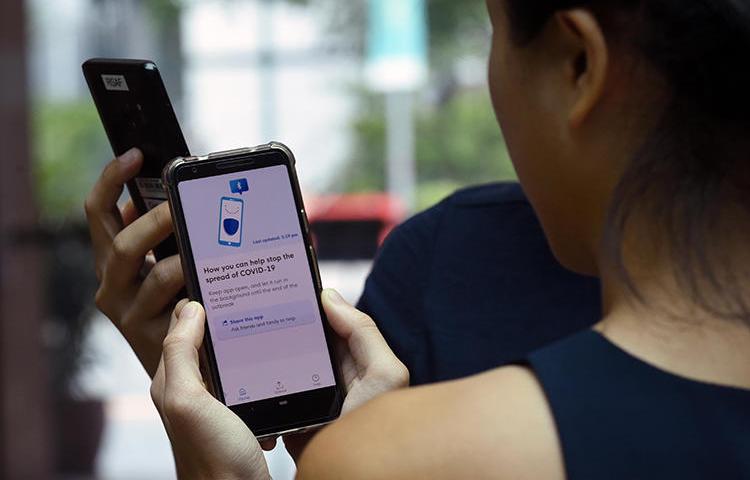
Pegasus spyware targeted exiled journalists from Russia, Latvia, Belarus, report finds
New York, May 30, 2024—The Committee to Protect Journalists is deeply troubled by a Thursday report by rights group Access Now and research organization Citizen Lab alleging that Pegasus spyware was used to surveil at least five journalists. The report, “Exiled, then spied on: Civil society in Latvia, Lithuania, and Poland targeted with Pegasus spyware,”…

Two Prague-based Russian journalists threatened, fear surveillance
New York, September 21, 2023—Czech authorities must conduct a swift and thorough investigation into recent threats received by journalists at the independent investigative news website IStories and ensure the journalists’ safety, the Committee to Protect Journalists said Thursday. Between March and September 2023, IStories received four threatening messages via the feedback form on the outlet’s…

For Mexican journalists, President López Obrador’s pledge to curb spyware rings hollow
“Practically nothing.” RíoDoce magazine editor Andrés Villarreal spoke with a sigh and a hint of resignation as he described what came of Mexico’s investigation into the attempted hacking of his cell phone. “The federal authorities never contacted me personally. They told us informally that it wasn’t them, but that’s it.” Over five years have passed…

At least 2 Mexican journalists targeted by Pegasus spyware since López Obrador took office
Mexico City, October 3, 2022 – In response to a joint report published Sunday that found Pegasus spyware infected the devices of two Mexican journalists and a human rights defender between 2019 and 2021, the Committee to Protect Journalists issued the following statement: “This new report definitively shows that Mexico’s President Andrés Manuel López Obrador…

New York Times journalist Nicole Perlroth on the secret trade in tools used to hack the press
The last time New York Times cybersecurity journalist Nicole Perlroth spoke with Emirati activist Ahmed Mansoor in 2016, his passport had been taken and he had recently been beaten almost to the point of death. “We learned later on that our phone conversation had been tapped, that someone was in his baby monitor, that his…

Dozens of journalists newly identified as NSO Group spyware targets
New York, December 21, 2020 – NSO Group’s advanced Pegasus spyware was identified on phones of at least 36 journalists and media executives in July and August 2020, according to the University of Toronto-based Citizen Lab, which said the surveillance product was installed via a vulnerability in the iPhone messaging application. Most targets were affiliated…

CPJ joins call for California attorney general to investigate technology used in Belarus censorship
The Committee to Protect Journalists joined free expression and digital rights groups on September 23 in calling on Xavier Becerra, California’s attorney general, to investigate technology sales by Sandvine Inc. after the company acknowledged that its products were being used to block news and other websites amid anti-government protests in Belarus. The call, co-signed by…

After WhatsApp spyware allegations, Indian journalists demand government transparency
In the summer of 2019, Saroj Giri was preparing a lecture on the panopticon—an 18th century system to surveil an entire prison from a single viewpoint—when a message lit up his phone. It was from WhatsApp, warning Giri that someone had tried to hack the popular messaging app to spy on his cell phone remotely.

